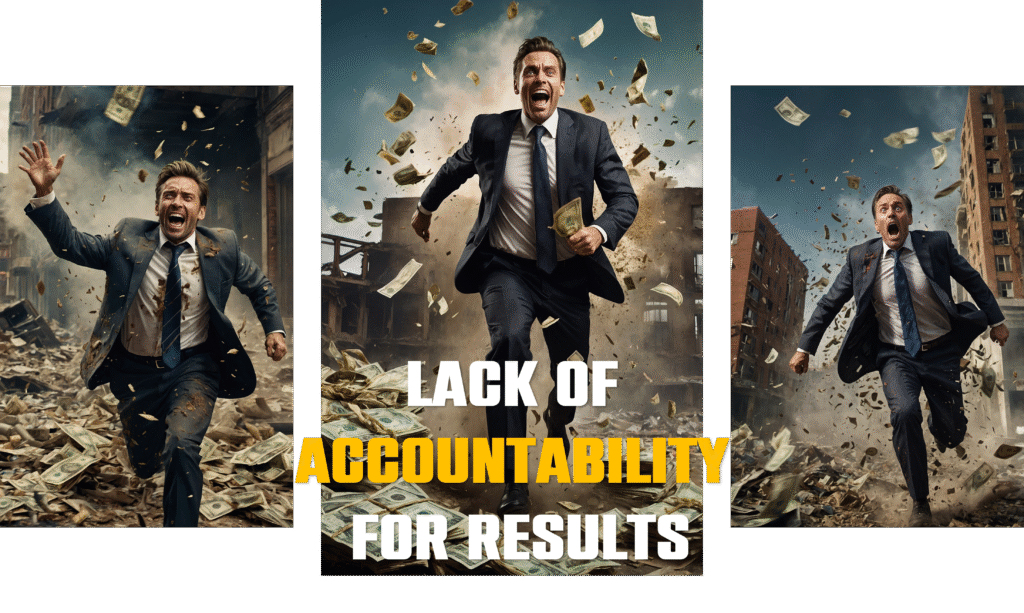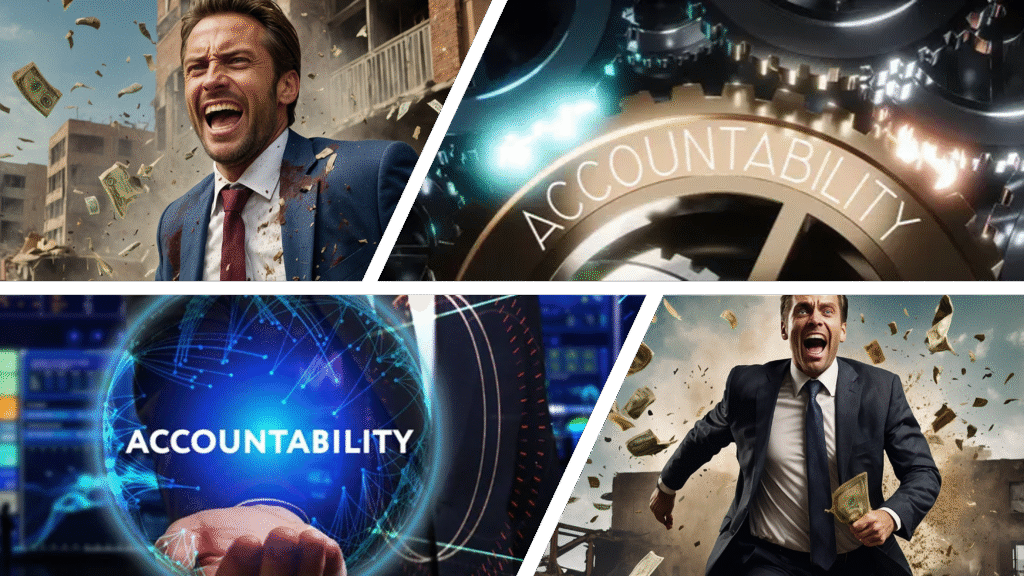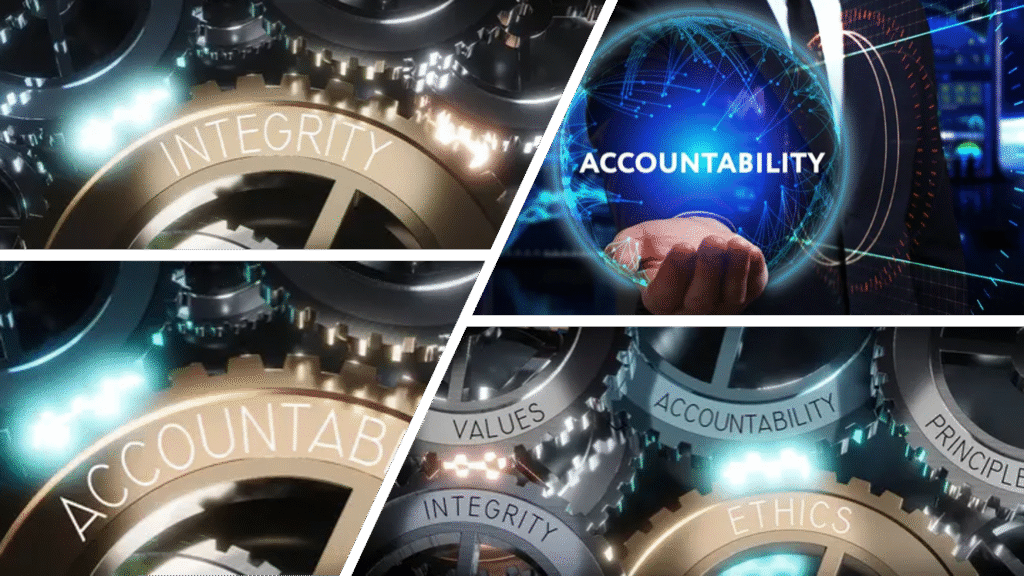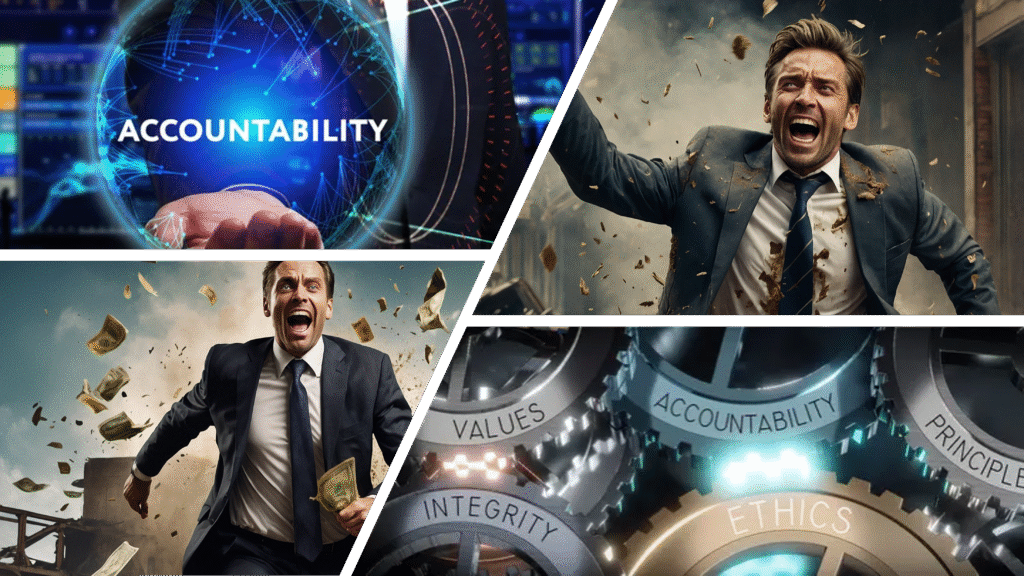
Business consulting firms frequently struggle with long-term execution and accountability because their traditional model centers on short-term engagements rather than sustained implementation. After a project concludes, the client’s internal team is left to carry out recommendations—often without sufficient ownership, practical guidance, or ongoing support, leading to frequent implementation failures.

Most business consulting firms operate with misaligned business models. Their core business revolves around developing strategies and roadmaps—not executing them. These firms prioritize high-fee, short-term projects that diagnose problems and generate reports, but lack incentives to strengthen a client’s internal execution capabilities.

Firms lacking doctoral-level expertise often suffer from poor ownership and ineffective handoffs. Successful execution relies on the client’s leadership fully embracing the strategy. When the consulting engagement ends, knowledge transfer is frequently inadequate, leaving the internal team unclear about the strategy’s rationale. As a result, projects lose momentum and clients are left to manage implementation alone.

Firms lacking doctoral-level expertise often suffer from poor ownership and ineffective handoffs. Successful execution relies on the client’s leadership fully embracing the strategy. When the consulting engagement ends, knowledge transfer is frequently inadequate, leaving the internal team unclear about the strategy’s rationale. As a result, projects lose momentum and clients are left to manage implementation alone.

Business consulting firms lacking 25 years of management experience often fail to anticipate real-world employee resistance to change. Employees typically resist new initiatives—especially when proposed by external consultants who may not fully grasp the company’s culture or internal dynamics. Without strong leadership engagement, strategic initiatives are frequently resisted or ignored.

Business consulting firms that rely on consultants with only bachelor’s degrees or no formal qualifications often provide clients with overly theoretical recommendations. Many of these suggestions are based on best practices from other industries or idealized scenarios, which may not align with a client’s unique resources, technology, or skills. Failure to tailor strategies to real-world constraints frequently results in poor outcomes.

Business consulting firms that neglect 21st-century, doctoral-based strategic planning often experience “scope creep” and a lack of long-term vision. As market conditions change, initial project scopes often become outdated quickly. Without ongoing review and adaptation, projects risk losing relevance and failing to achieve lasting results.

Aiki-Consultants, each with at least 10 years of management experience and a master’s degree, embed themselves within organizations to drive execution—not just offer advice. This “execution-driven consulting” moves beyond strategy development, providing hands-on implementation, continuous support, and regular follow-ups to keep clients on track after the initial project concludes.

Aiki-Consultants embed accountability directly into our contracts by linking a portion of compensation to the achievement of specific, measurable long-term outcomes. This ensures our incentives are fully aligned with our clients’ success.

Aiki-Consultants foster enduring internal ownership and capability by actively engaging client teams at every stage—from planning to execution—to promote collective responsibility, alignment, and deep understanding. Our consultants empower client employees with targeted training, mentorship, and hands-on support, developing their skills and leadership. We also implement robust knowledge transfer protocols to ensure clients can confidently maintain momentum and achieve lasting results after project completion.

Aiki-Consultants maintain continuous communication and measurement throughout the project life cycle. We establish clear, consistent communication plans with regular updates and transparent discussions on progress and challenges. Our consultants develop and track key performance indicators (KPIs) to monitor advancement toward goals and ensure accountability. We also embrace an agile approach, adapting strategies as market conditions or internal dynamics evolve.
